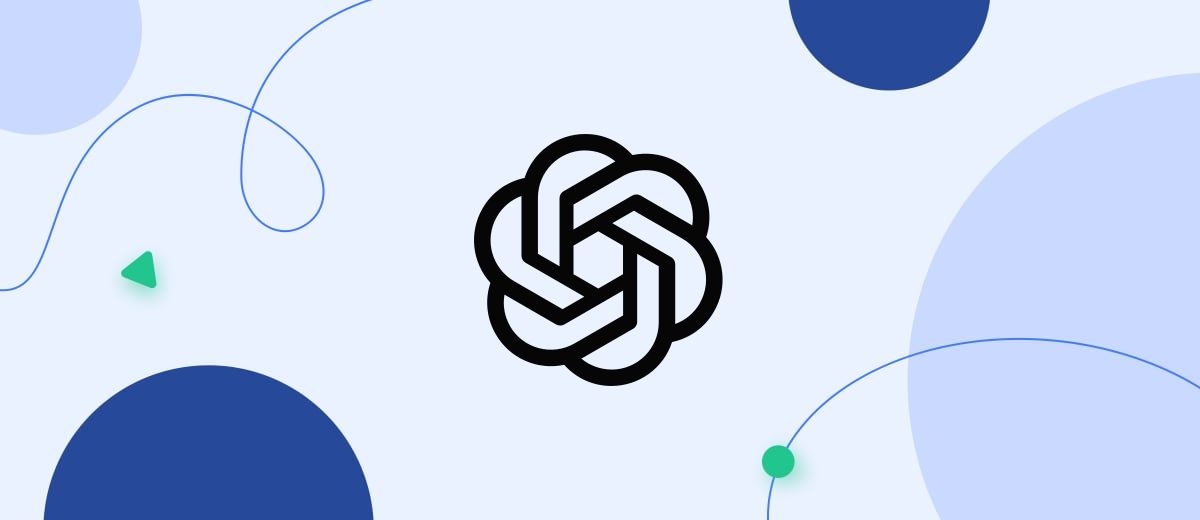It hasn't even been a month since the OpenAI research lab has released its ChatGPT chatbot to the public. But representatives of the Google search engine are already seriously concerned, because the new tool may threaten its very existence.
The world's largest search engine, Google, is now seriously excited about the impending takeover of the Internet by artificial intelligence. According to The New York Times, it marked the ChatGPT chatbot that appeared less than a month ago with a threatening “red code”. Previously, Google itself pulled over the lion's share of users from other search engines (Bing, AOL, Yahoo and others), as they were significantly inferior to its intelligent search. Now the company is afraid that it will suffer the same fate.
A Google spokesman who spoke to The New York Times complained that AI-powered chatbots like ChatGPT could undermine the entire Internet search industry. This will also have a negative impact on the advertising business, which is Google's main source of income. Taking into account the seriousness of the threat, the CEO of Google Inc. and Alphabet, Sundararajan Pichai, is now actively working on developing the company's new AI strategy.
Are smart chatbots really going to completely replace the Google search we're used to? It turns out that not everything is so terrible. AI bots like ChatGPT are not yet able to clearly find the right answers on the web. Samuel Altman, CEO of the OpenAI Lab, clarified that they are great at doing creative tasks, but they have problems with search accuracy. When the same question was asked directly to ChatGPT, the chatbot replied that ChatGPT is not a search engine, but a GPT language model (Generative Pre-training Transformer). This is a kind of AI that is trained to generate text that is as similar as possible to human writing. It doesn't search or respond to user queries like Google does. Thus, AI-based chatbots will definitely not be able to supplant existing search engines in the near future.
It is difficult to predict what awaits us in the future, but Google, apparently, decided not to wait for such innovations that can send them into the past, but to work ahead of the curve. Its specialists are now hard at work on a priority task – to improve the search engine through the same technology that ChatGPT, LaMDA and other smart chatbots are built on.
